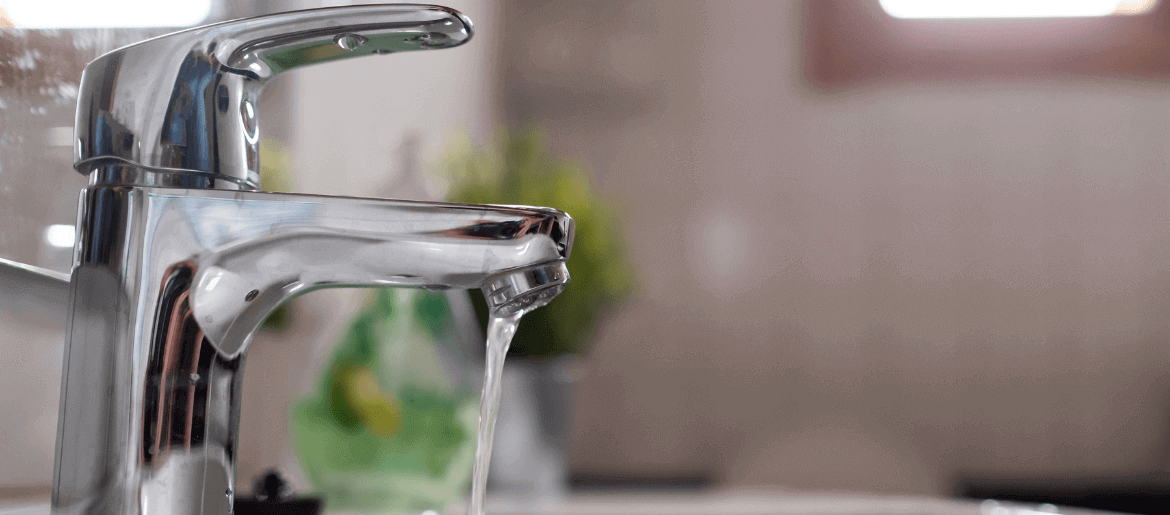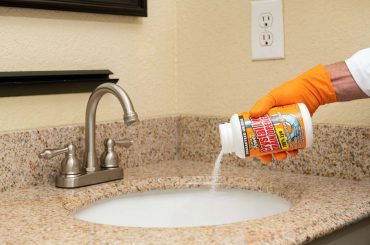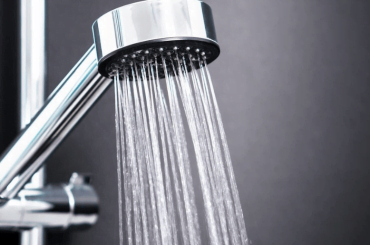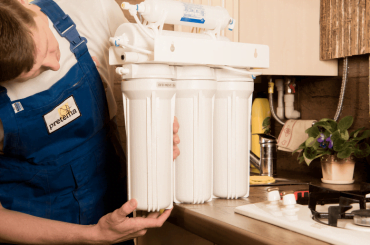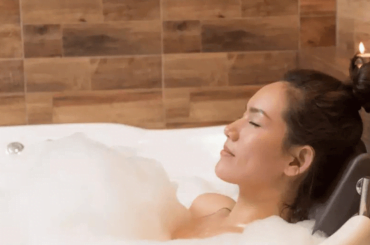Low water pressure can be caused by several things, from a clogged shower head to a faulty water pump. But did you know that your water heater could also be the culprit? Can low water pressure cause a bad water heater? Turns out the answer is yes!
In this blog post, we’ll explore how a bad water heater can cause low water pressure and what you can do to fix the problem. Read on to learn more!
Does Water Heater Affect Water Pressure? | Causes & Solution
The water heater can affect the water pressure in your home if it is not working properly. If you notice that your water pressure is low, you may want to check your water heater to see if it is the cause.
A common problem with water heaters is that they can develop a build-up of sediment and minerals which can clog the pipes and reduce the water pressure. If your water heater is more than 10 years old it may be time to replace it.
A new water heater can provide you with better water pressure and improve the quality of your home’s water. If you are not sure whether your water heater is the cause of your low water pressure you can contact a plumber to have it checked.
What is the low water pressure and what are the symptoms?
Low water pressure is when your home’s water pressure is lower than normal. This can be caused by a variety of factors, such as a leak in your home’s water line or a problem with the municipal water supply.
Symptoms of low water pressure can include weak water pressure from your faucets, showerheads and other fixtures; difficulty filling up pots and pans with water; and slow draining sinks, tubs and toilets.
If you’re experiencing any of these problems, it’s important to have a plumber come out to take a look and diagnose the problem. Once the problem is fixed, your home’s water pressure should return to normal.
Causes of Low Water Pressure
There are a few things that could be going on.
- Issue with the water main: If the water pressure is low throughout your neighborhood, there’s likely an issue with the water main. This is something that needs to be fixed by your local water utility company.
- Problem with the piping in your home: If the water pressure is low in just one part of your home, there may be a problem with the piping. This is something that you’ll need to have a professional plumber take a look at.
- Clog somewhere in the system: Another possible cause of low water pressure is a clog somewhere in your home’s plumbing. This is also something that a professional plumber will need to take a look at.
- The time of day: As we mentioned before, water pressure can vary depending on the time of day and how many people are using water in your home. If you’re concerned about low water pressure, try using less water during peak times.
- Number of people in your home: If you have a lot of people living in your home, that can also lead to low water pressure. Again, during peak times, try using less water to help ease the strain on your home’s plumbing system.
These are just a few possible causes of low water pressure in your home. If you’re concerned about the water pressure in your home, the best thing to do is to call your local water utility company.
They’ll be able to help you troubleshoot the problem and determine what needs to be done to fix it.
How to troubleshoot a bad water heater that’s causing low water pressure?
If you think your water heater might be the cause of your low water pressure, there are a few things you can do to troubleshoot the problem.
First, check the water heater’s inlet and outlet valves to make sure they’re fully open. If they’re not, that could be the reason for your low water pressure.
Next, take a look at the temperature and pressure relief valve on your water heater. If this valve is stuck or damaged, it could be causing your water pressure to drop.
If neither of these valves seems to be the problem, sediment may have built up in your water heater over time. This sediment can cause your water heater to work less efficiently, which can lead to low water pressure. To clean out sediment, you’ll need to flush your water heater.
How to replace a water heater if it’s the root of the problem?
If your water heater is the root of the problem, you’ll need to replace it. Here’s how:
- Shut off the power to your water heater: This will usually be a switch on the wall near the water heater.
- Turn off the water in your home: This is usually a valve near the main water shut-off for your home.
- Drain the water from your old water heater: There will be a valve near the bottom of the water heater that you can open to do this.
- Remove the old water heater: This will involve disconnecting any gas or electrical lines that are connected to it.
- Install your new water heater: Connect any gas or electrical lines that are required and fill the unit with water.
- Turn on the power and water to your new water heater and test it out: Let it run for a few minutes to make sure everything is working properly.
If you have any questions or problems during this process, be sure to consult with a professional. Replacing a water heater is not a difficult task, but it should be done carefully to avoid any accidents.
How to prevent low water pressure in the future?
There are a few things you can do to prevent low water pressure in your home in the future:
- Check your home’s plumbing regularly for any leaks or clogs.
- If you have a water softener, make sure it is working properly and that the salt level is full.
- Get your home’s plumbing system checked by a professional every few years.
- If you have a well, have the water level checked regularly to make sure it is sufficient.
- Avoid using too much water at peak times (such as during the early morning or late night).
- Make sure all of the valves in your home’s plumbing system are open and working properly.
By following these tips, you can help prevent low water pressure in your home in the future.
Relevant Topic: How To Remove Water Calcium Buildup/Deposits?
FAQs – Does Water Heater Affect Water Pressure
Does a water heater regulate pressure?
No, a water heater does not regulate pressure. However, if the water heater is not working properly, it can cause low water pressure.
That’s why it’s important to troubleshoot any problems with your water heater as soon as possible.
How much does it cost to fix low water pressure?
The cost to fix low water pressure will vary depending on the cause of the problem. If your water heater is the root of the problem, you may need to replace it, which can cost $500 or more.
However, if the problem is simply a clogged filter or valve, it should be relatively easy and inexpensive to fix.
Why is my hot water pressure low but cold fine?
If your hot water pressure is low but cold water pressure is fine, the problem is likely with your water heater. Sediment build-up, a damaged valve, or a malfunctioning thermostat could all be causing the problem.
It’s also possible that there is a leak in your hot water line. If this is the case, you’ll need to repair the leak as soon as possible.
Wrap Up
As we see, many factors can contribute to low water pressure in your home, but a failing water heater is one possible culprit. If you notice that your water pressure is lower than normal, check your water heater to see if it needs repairs or replacement.
You may also want to have a plumber inspect your home’s plumbing system for other potential problems. However, if you think your water heater is fine and the problem lies elsewhere, try checking your household’s main shut-off valve or contacting a plumber for help.
By taking these steps, you can help ensure that you have adequate water pressure throughout your home.

